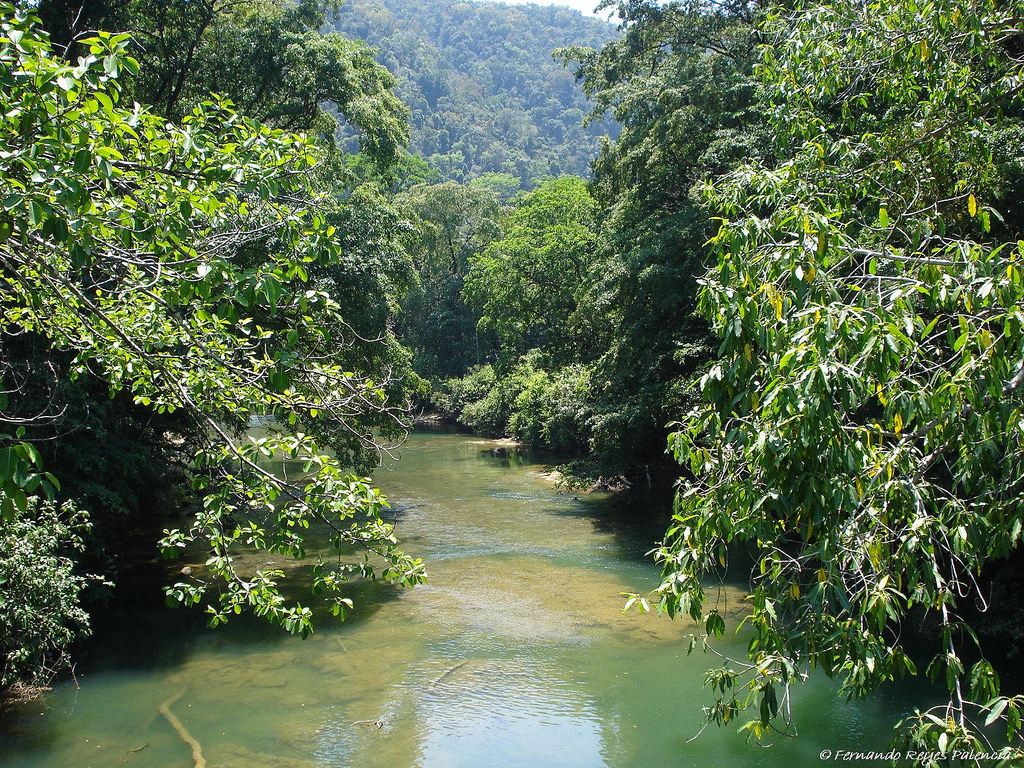A series of new reports prepared by nearly a dozen researchers in Texas, Oregon, El Salvador and Costa Rica contribute robust empirical and economic data to our understanding of how Washington’s war on drugs impacts communities whose territory is in the forests of Central America.
One of the reports found that “Cocaine trafficking is linked to multiple forms of environmental degradation inside Central American protected areas, that include land grabbing in protected areas, infill of wetland areas, forest fires, mangrove degradation, timber poaching, flora and fauna trafficking, gold mining, and airstrip and road building, to name a few.”
Importantly, the researchers don’t stop at blaming traffickers. Rather, they find that “Militarized counter-drug policies have ultimately pushed drug trafficking and the laundering of spectacular profits into remote, biodiverse spaces, where they threaten both ecosystems and people, and undermine conservation goals and local livelihoods.”

The researchers, hailing from universities, foundations and government agencies, interviewed dozens of people in Guatemala, El Salvador and Honduras, and present compelling evidence that the war on drugs in Central America is also a war on the land.
One of the key findings of the report on cocaine trafficking is that “drug trafficking fuels extractive economies in and around protected areas, such as cattle ranching, industrial agriculture and fishing.” Though the study focused on protected areas, these same phenomena are likely also taking place in other ecologically sensitive areas that are not officially considered protected areas.
Another report, titled “Impacts of Narco-Degradation on Protected Areas in Central America: A Critical Ecological Economics Approach,” looks specifically at the costs of drug trafficking (and the war against it) in the Petén region of Guatemala and the Olancho region of Honduras.
Click here to access a list of all the reports.
